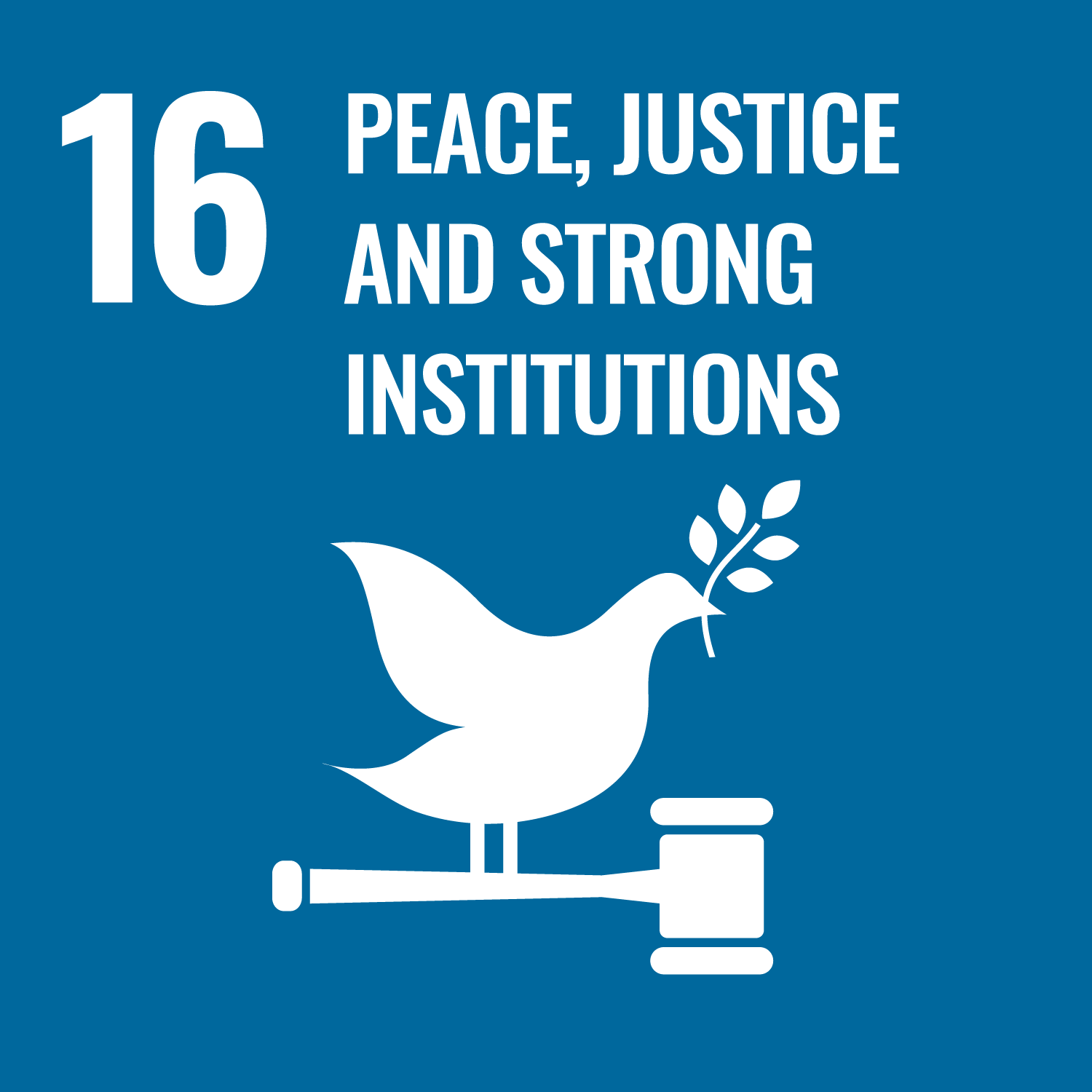ORCID
- Oliver W.J. Beer: 0000-0001-8581-3673
Abstract
By 2014, the majority of U.S. states had implemented differential response (DR), a system policy that seeks to serve families of low-to moderate-risk for child maltreatment through family engagement, diversion from formal child protective services investigations, and service provision. However, the effects of DR programs on child welfare dynamics have yet to be evaluated nationally using causal methods. Using a quasi-experimental study design with data drawn from the National Child Abuse and Neglect Data System from 2004 to 2017, we found states with DR programs had approximately 19% fewer substantiated reports, 25% fewer children substantiated for neglect, and a 17% reduction in foster care services utilization when compared to states without DR programs. We find these estimates to be robust to the opioid epidemic and incarceration rates. Additional research is needed to better characterize DR programs and isolate the effects of DR programs geographically.
DOI Link
Publication Date
2023-01-01
Publication Title
Child Maltreatment
Volume
28
Issue
1
ISSN
1077-5595
Deposit Date
2023-02-15
First Page
152
Last Page
162
Recommended Citation
Johnson-Motoyama, M., Ginther, D., Phillips, R., Beer, O., Merkel-Holguin, L., & Fluke, J. (2023) 'Differential Response and the Reduction of Child Maltreatment and Foster Care Services Utilization in the U.S. From 2004 to 2017', Child Maltreatment, 28(1), pp. 152-162. Available at: 10.1177/10775595211065761



